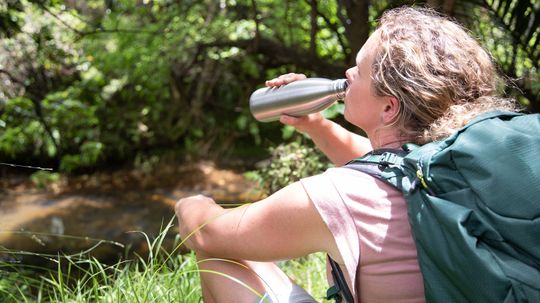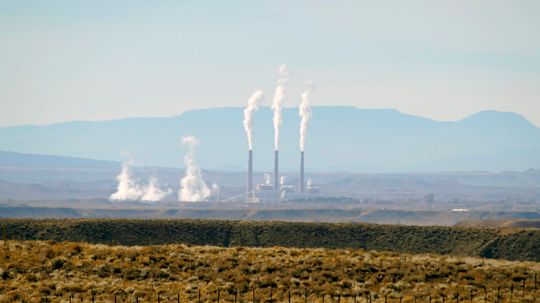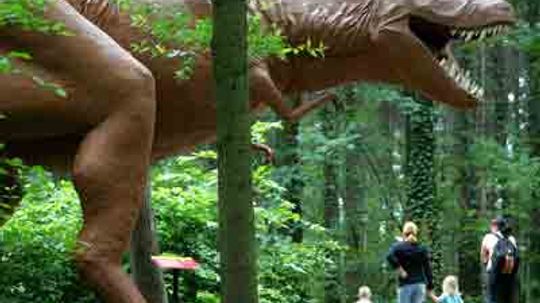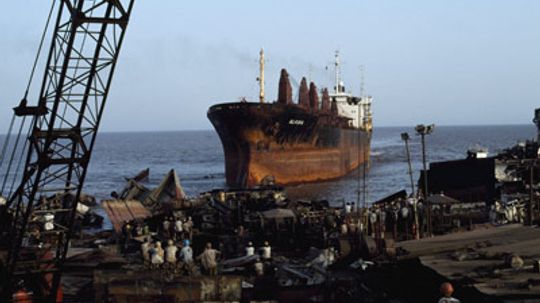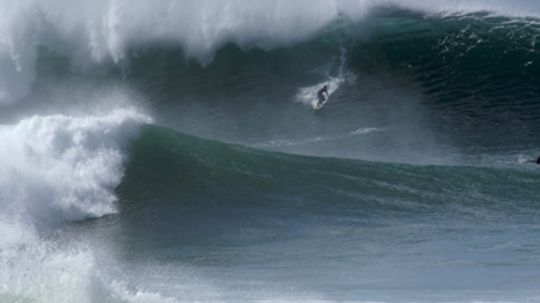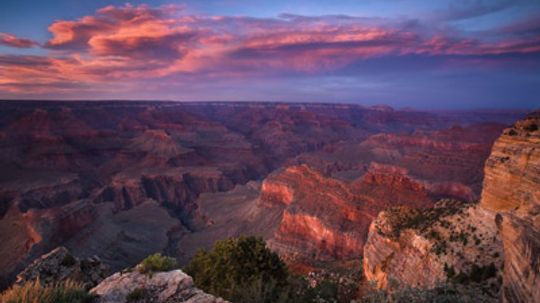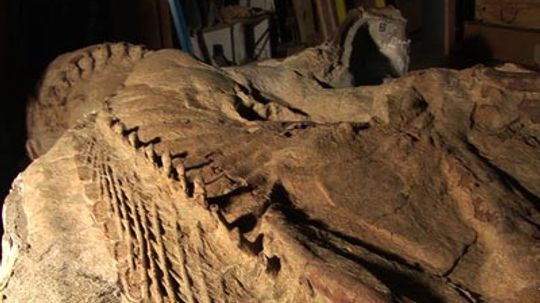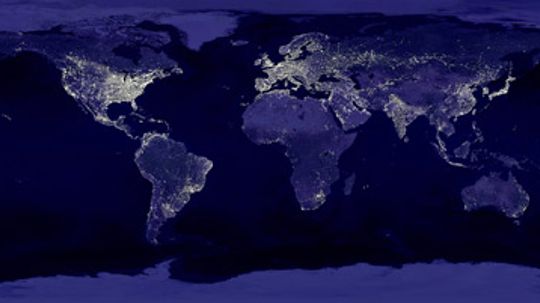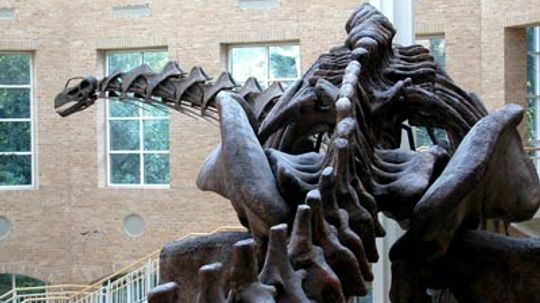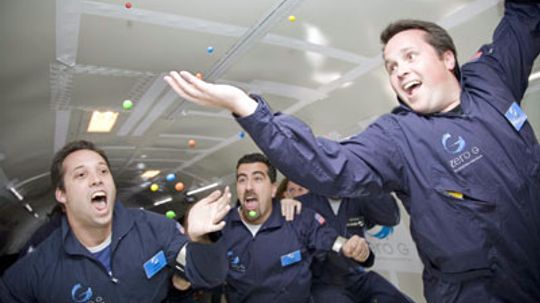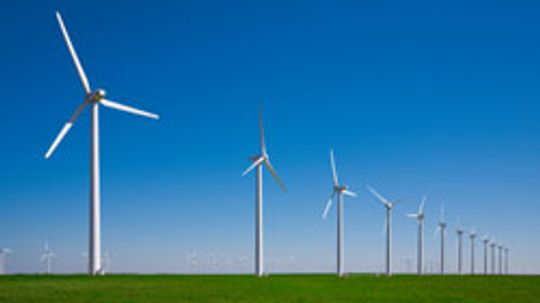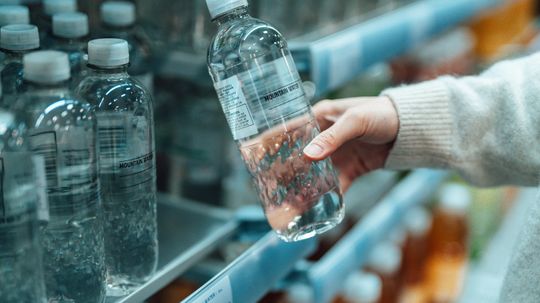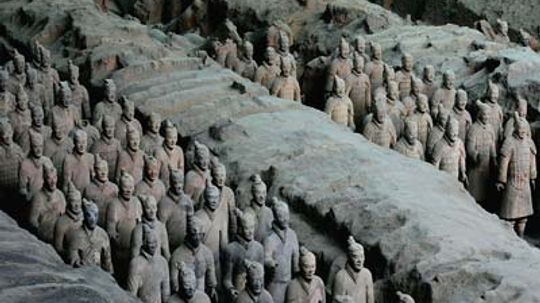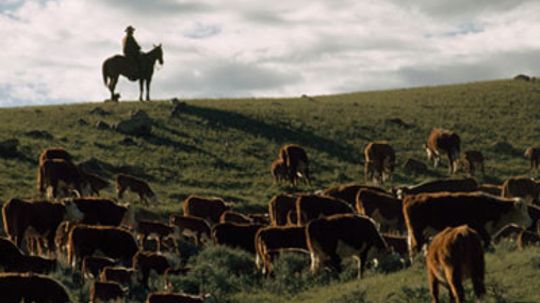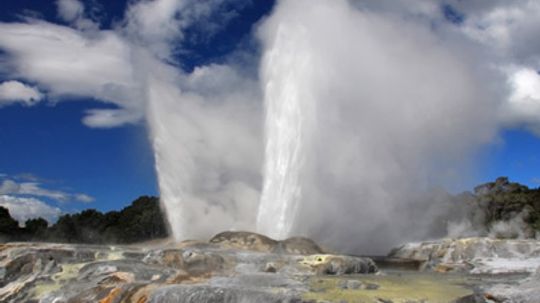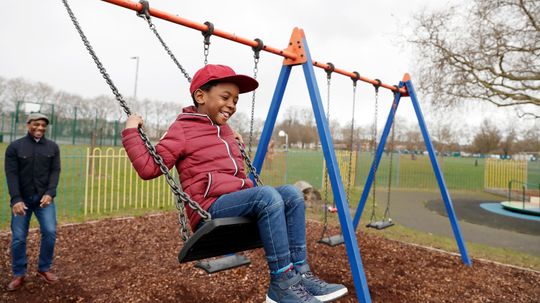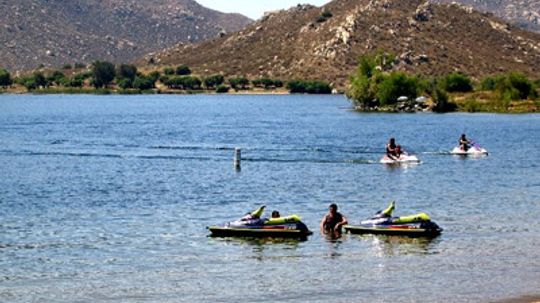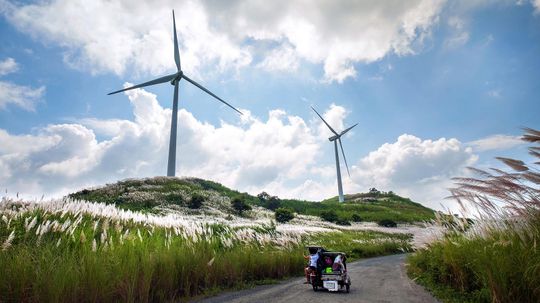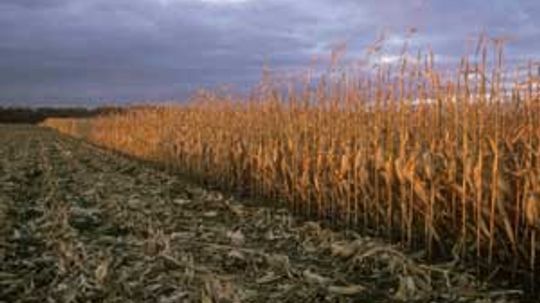Environmental Science
The environment is truly a thing of beauty and should be protected whenever possible. What can we do to save the environment, and what new technology is available to help us?
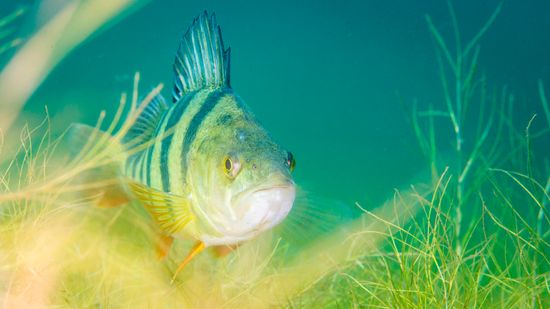
The Fish Doorbell Isn't a Joke ... Seriously
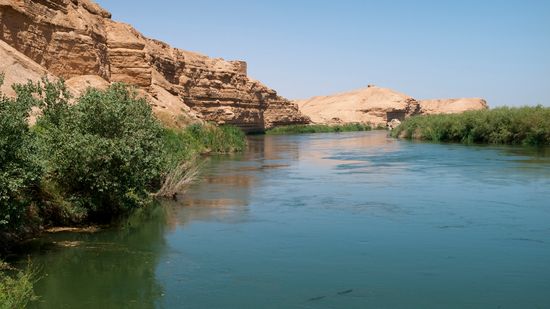
The Euphrates River, at the 'Cradle of Civilization,' Is Drying Up
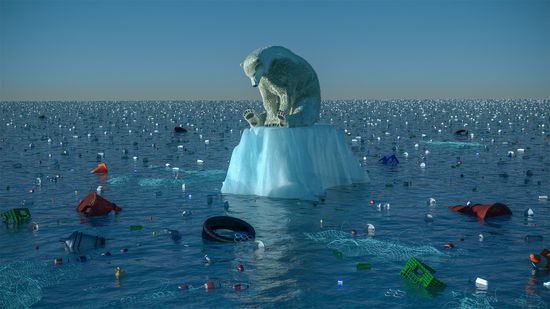
Study Says 2035 Is Climate Change Point of No Return
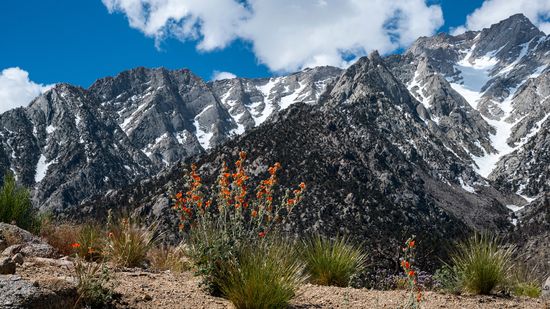
What State Has the Most Mountains in the U.S.? 8 Peak Records
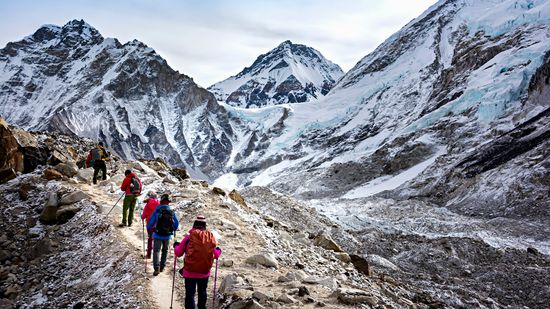
The Most Dangerous Mountain to Climb (and 14 Giving Steep Competition)
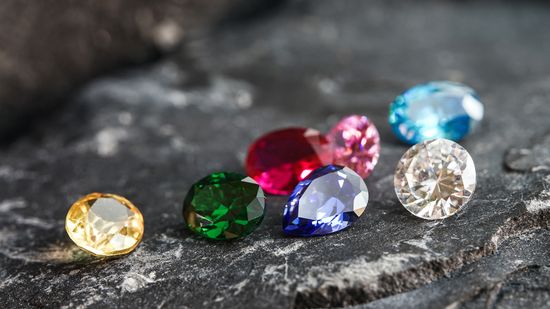
15 Types of Gemstones to Add a Little Sparkle to Your Life
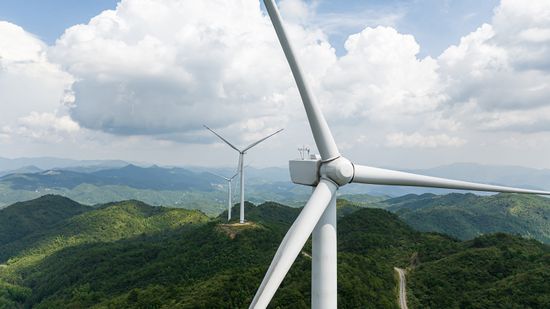
How Many Birds Are Killed by Wind Turbines, Really?

How a Lithium Mine Works and Impacts Local Communities
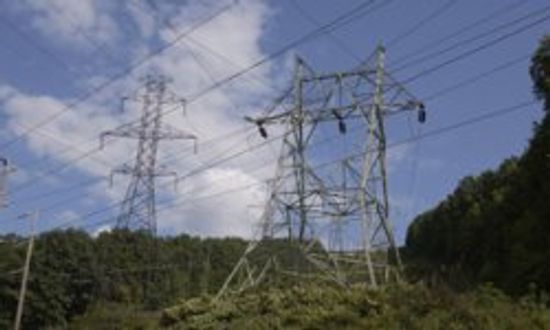
How to Sell Electricity Back to the Grid
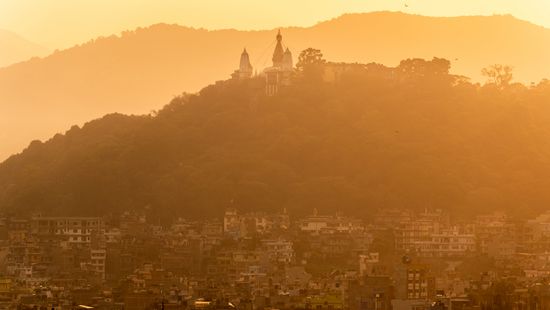
The Worst Air Quality in the World Is in Mountainous Terrain

The World Hits 8 Billion People; Is That Good or Bad?
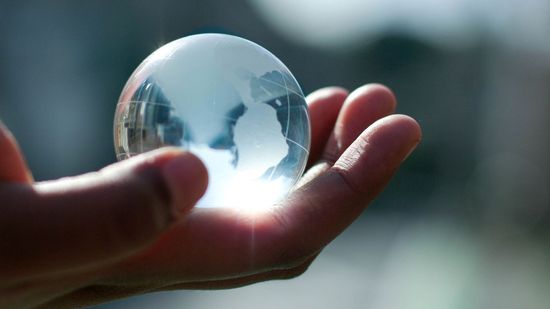
Quiz: Can You Tell Climate Change Fact From Fiction?
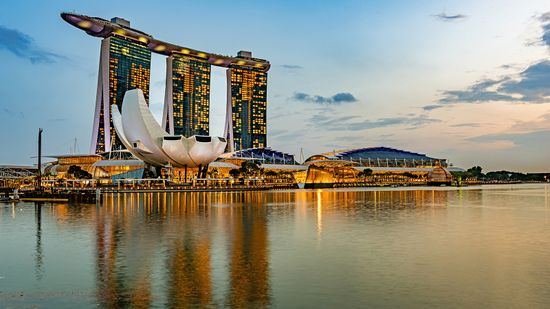
6 Most Futuristic Cities Powered by Renewable Energy
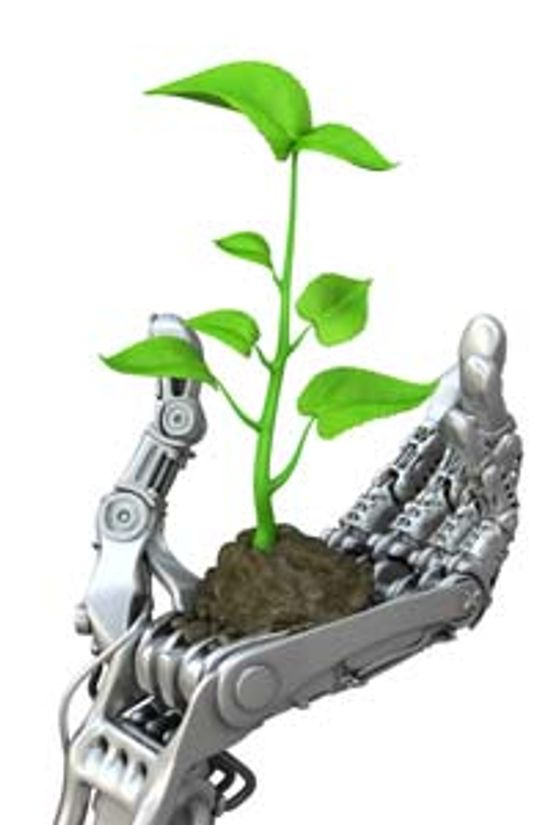
Top 5 Green Robots
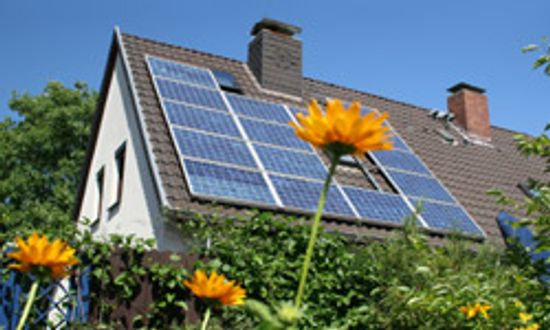
5 Things to Consider When Building a Solar-powered Home
Learn More / Page 8
You've probably seen some plastic labeled "BPA free," but does that make it safer?
We know that humans are largely responsible for fueling global warming with our carbon emissions. So what if we could seize all that carbon and squirrel it away in a safe place? Well, we can. It's just hard and really expensive.
By Debra Ronca & Mark Mancini
Hollywood makes T. rex seem fast and agile, but some scientists think it was a scavenger, like a vulture. So which was it?
Advertisement
In this mass graveyard, workers dismantle 52,000-ton ships using simple hand tools. Why would anyone want to work at Alang? Is this place doing the world a service by recycling obsolete ships?
Rough times call for creative measures. The world is filled with oceans, and oceans are filled with wave energy that could potentially be transformed into power. Is wave energy a viable fossil fuel alternative?
By Jane McGrath
Depending on who you ask, urban sprawl is either the best thing that ever happened to growing families -- or the downfall of civilization and the environment as we know it. Learn about the history and consequences of this American phenomenon.
By Alia Hoyt
Many people think that beautiful, blazing sunsets are one upside to living with the smog that hangs over polluted cities. Are they right? Does smog actually enhance sunsets?
By Julia Layton
Advertisement
Ever since its discovery in 2000, a dinosaur fossil named Leonardo has held the interest of paleontologists the world over. A 3-D model of the animal even toured the world. So what's the big deal?
Usually we're focused on our personal power consumption -- wondering why our gas bill went up or took a dip. But what if we added up everybody's power consumption? How much would it be?
Sometimes dinosaur fossils are too large and heavy to display without damaging them. How are those enormous models built? And what makes them look so realistic?
The Bulletin of Atomic Scientists moved the Doomsday Clock to 90 seconds before midnight, the closest it's ever been to global catastrophe. What does this mean for humanity?
By Julia Layton
Advertisement
Have you ever wondered what would happen if we were able to flip a switch and turn the Earth's gravity off for a day? The end result may surprise you.
When the wind blows, particles in the gust of air are moving quickly. And that motion carries kinetic energy, which can be captured and harnessed to create electricity. The principle behind a wind-electric turbine isn't too different from an ordinary dam -- only it's capturing wind instead of water.
By Julia Layton
In 2023, the U.S. bottled water industry was worth $94 billion, even with the rise of popular reusable water bottle brands.
By Julia Layton
Emperor Qin ordered 7,000 generals, cavalrymen and archers to protect his mausoleum. What's so odd about that? Well, they were made of terracotta.
Advertisement
If ranchers and landowners invest in grass banks, will their payout be nothing but green? Or is grass banking a temporary solution, delaying Mother Nature's inevitable bankruptcy?
We've been warned plenty about the mercury content of fish. And most of us know our new high-efficiency CFLs also contain the shiny neurotoxin. So which source should cause us more concern?
By Julia Layton
Is the same substance that makes your shampoo so sudsy really going to give you cancer? Here's the real dirt on whether sodium lauryl sulfate is bad for you.
Can you walk to restaurants from your home? Or do you have to hop in the car for every outing? How do you determine your neighborhood's walkability without taking to the streets yourself?
Advertisement
When Thomas Malthus warned that the human population would eventually outpace Earth's resources, he wasn't anticipating the green revolution. So why do rising food costs have some folks worried we're running at capacity?
By Julia Layton
If you've ever seen a geyser letting off steam or witnessed a fuming volcano simmering under pressure, you know that the interior of the Earth is really hot. So where does all that heat come from, and is there any way to harness it?
Four fundamental forces of nature are behind all that we do, from falling down to orbiting the sun. Learn about the four fundamental forces of nature.
They may seem like a fun water sport or a noisy nuisance, but whatever your stance on personal watercraft, there's no denying they pollute. So how bad are they?
By Julia Layton
Advertisement
Green, clean energy sounds good at first: Harness the power of the wind to run our creature comforts. But could the sounds people hear (and don't hear) from wind turbines endanger their health?
We humans like to trade one problem for another. We give up drinking only to take up smoking. Will we also exchange a reliance on dwindling fossil fuels for a food shortage caused by ethanol production?
By Robert Lamb
